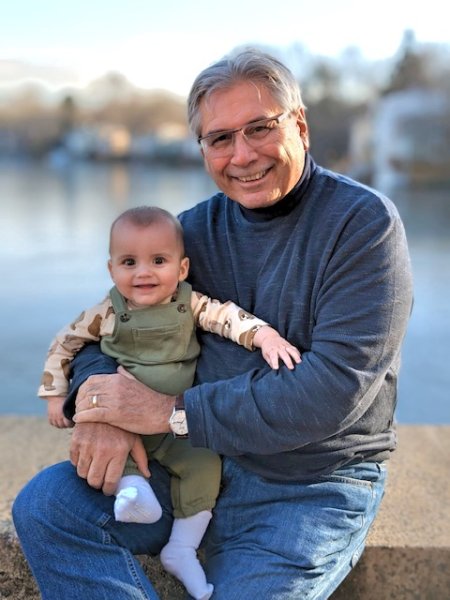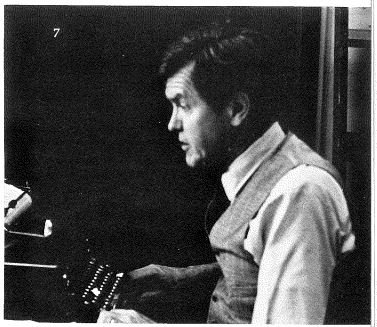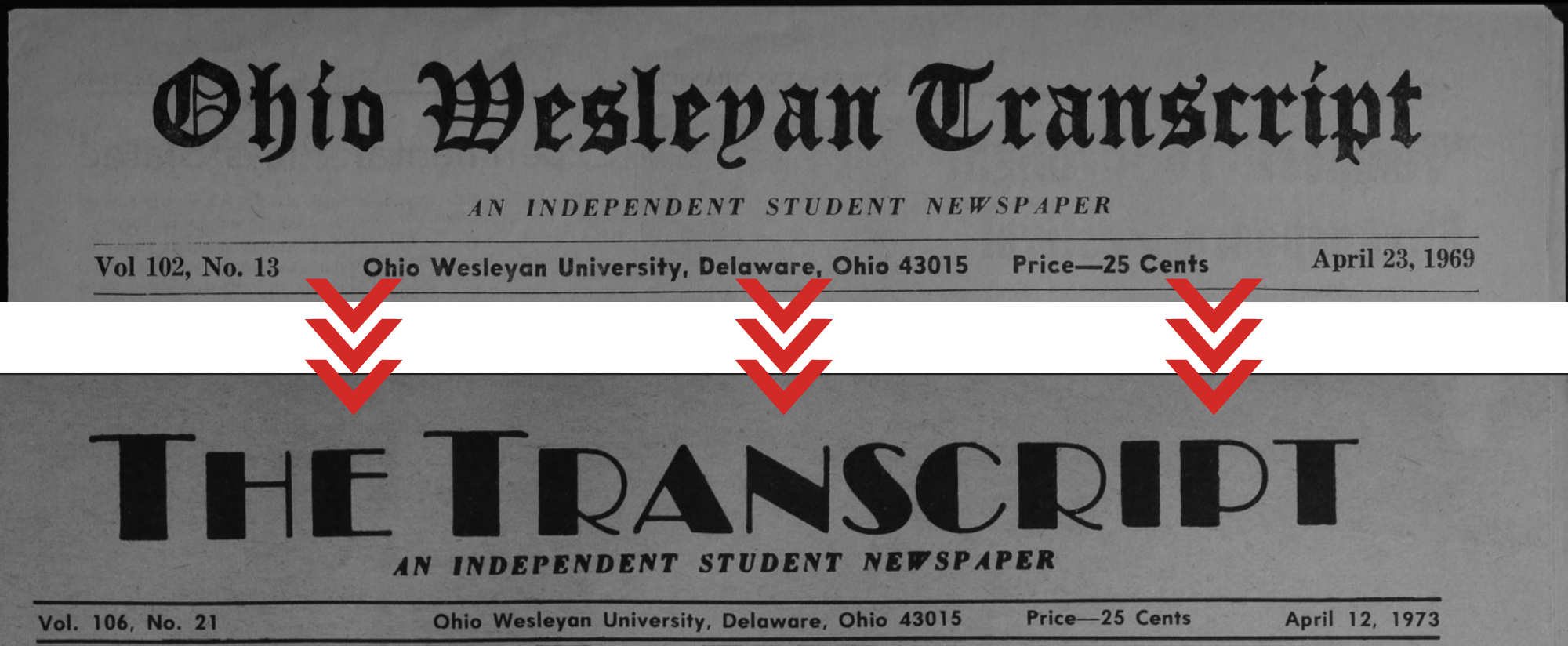Contact Us
Location
Mowry Alumni Center
61 S. Sandusky Street
Delaware, OH 43015

By Gary Shorts, former Editor of The Transcript
When I was asked to write this memory story, I had to take a while to reflect on those days when my journalism career was beginning to take shape.
To begin, readers should know that in those days the editor’s job was much more like being a publisher than a writer or editor. To accomplish putting together the weekly publication required a dedicated and talented staff. Among our seniors on that staff were Jack Keith, managing editor; Judy Collinson, copy editor and contributing editorial writer; Marty Lewis Stein, also a copy editor and contributing editorial writer; Mike Portnoy, who handled our advertising service; and Dana Simeone who managed our distribution programs. Complementing those veterans was a group of talented juniors and sophomores who went on to have distinguished careers in the media business.
Many of you will recall that my predecessor, Bob Stein, was a voice for the left on our campus—a leader of the student movement who was critical of the Vietnam War, who advocated for many of the momentous changes in the social life on campus, who participated on the national March of Students to Washington, DC to protest the war and the U.S. administration’s policies. He was contemptuous of the Greek system, a proud Independent. He confronted OWU’s administration on a multitude of policies and programs, priding himself on being a social conscience on behalf of the student body.
 So, I was somewhat stunned to learn that Bob had lobbied for me to succeed him as editor with the editorial board and our advisor, Professor Verne Edwards. His logic prevailed, and I won the appointment over others who might have handled the job differently. When my appointment was announced, Bob insisted on taking me to The Jug to celebrate. That weekend happened to be the occasion of my 21st birthday. A stickler for the rules, I had never had a drink. That’s right—throughout my OWU career until February of 1972 I was a teetotaler. My first attempt was a beer mug of straight scotch, furnished laughingly by Bob. I am still not sure how I got back to the Phi Gamma Delta house that night, and to this day I don’t drink Scotch!
So, I was somewhat stunned to learn that Bob had lobbied for me to succeed him as editor with the editorial board and our advisor, Professor Verne Edwards. His logic prevailed, and I won the appointment over others who might have handled the job differently. When my appointment was announced, Bob insisted on taking me to The Jug to celebrate. That weekend happened to be the occasion of my 21st birthday. A stickler for the rules, I had never had a drink. That’s right—throughout my OWU career until February of 1972 I was a teetotaler. My first attempt was a beer mug of straight scotch, furnished laughingly by Bob. I am still not sure how I got back to the Phi Gamma Delta house that night, and to this day I don’t drink Scotch!
At the time, our office occupied the first floor of Slocum Hall. Our efforts were subsidized by the administration. The aforementioned Professor Edwards served as our Counselor and Mentor. Each week on Friday, he posted on the journalism department bulletin board a Critique of the week’s issue. His broad strokes in bright red sometimes caused both consternation and pride for our headline writers, journalists, and editors. But we eagerly perused them each week, looking for his nuggets that would help us deliver a better product.
If any of you remember me from those days, you will know I was Bob Stein’s antithesis: conservative, a proud fraternity man, a GOP supporter, an entirely different voice.
 In that time, I saw our mission to be informing our student body, the academic team, our administrative staff, our alumni, and our subscribing parents. We tried to cover student life in its many aspects and focus on OWU.
In that time, I saw our mission to be informing our student body, the academic team, our administrative staff, our alumni, and our subscribing parents. We tried to cover student life in its many aspects and focus on OWU.
My primary attention turned to bringing the paper around financially. We began by reaching out to alumni and parents to have the paper mailed to them, expanding our advertising base, and updating the physical look of the paper to signal to our readers that The Transcript had indeed changed.
In those days the paper was printed in Columbus in a small, independent print shop. Each week we took hard copy to our printer where several staffers would work with his team to lay out the paper, set hot lead type, and edit the inevitable typographical errors.
One of the great benefits of being on the editorial staff was that we were issued permits to have our cars on campus so we could shuttle down to the print shop and the location of the Printing Press, also located in Columbus. After the papers were printed, we collected and delivered them to campus mail and the post office for distribution.
A highlight of working at the print shop was learning to work with hot lead and to set type. As it happened, the only typesetter in the shop had a fondness for hard liquor and the ponies, so we sometimes had to fill in for him when he failed to show up for work.
It was during our winter term that Jack and I persuaded the shop owner, Paul, to invest in a new printing process then called “cold type.” The typesetter could sit at a console and type from a regular typewriter keyboard and view the resulting lines of type on the screen, as opposed to inverted hot lead bars. The machine would produce a sheet for making changes. It wasn’t until a month later that the new machine was delivered, and we were all trained on it.

We proudly produced our new version with a change in typeface and a bold new look for the nameplate—the first Transcript to be produced without hot lead.
I regard those days at the print shop fondly. It meant we had to manage our academic schedules so that we would be available nearly all day on Wednesday at the shop. Munching on KFC or Burger King while we put the finishing touches of the week’s edition to get it to the Press Shop on deadline was an enervating, exasperating experience that often carried into the early evening.
By the end of our term leading The Transcript’s team, we had turned a profit. We distributed some money to the Editorial Board and left enough for the new team to print its first few editions.
Those days led to my decision to pursue a career in the media business and firmly cemented my loyalty to our mentor Verne Edwards and the journalism department. I returned to campus regularly at Verne’s behest to speak to j-students and recruit seniors to consider working for our newspapers.
#
The hashtag symbol means the article is done…